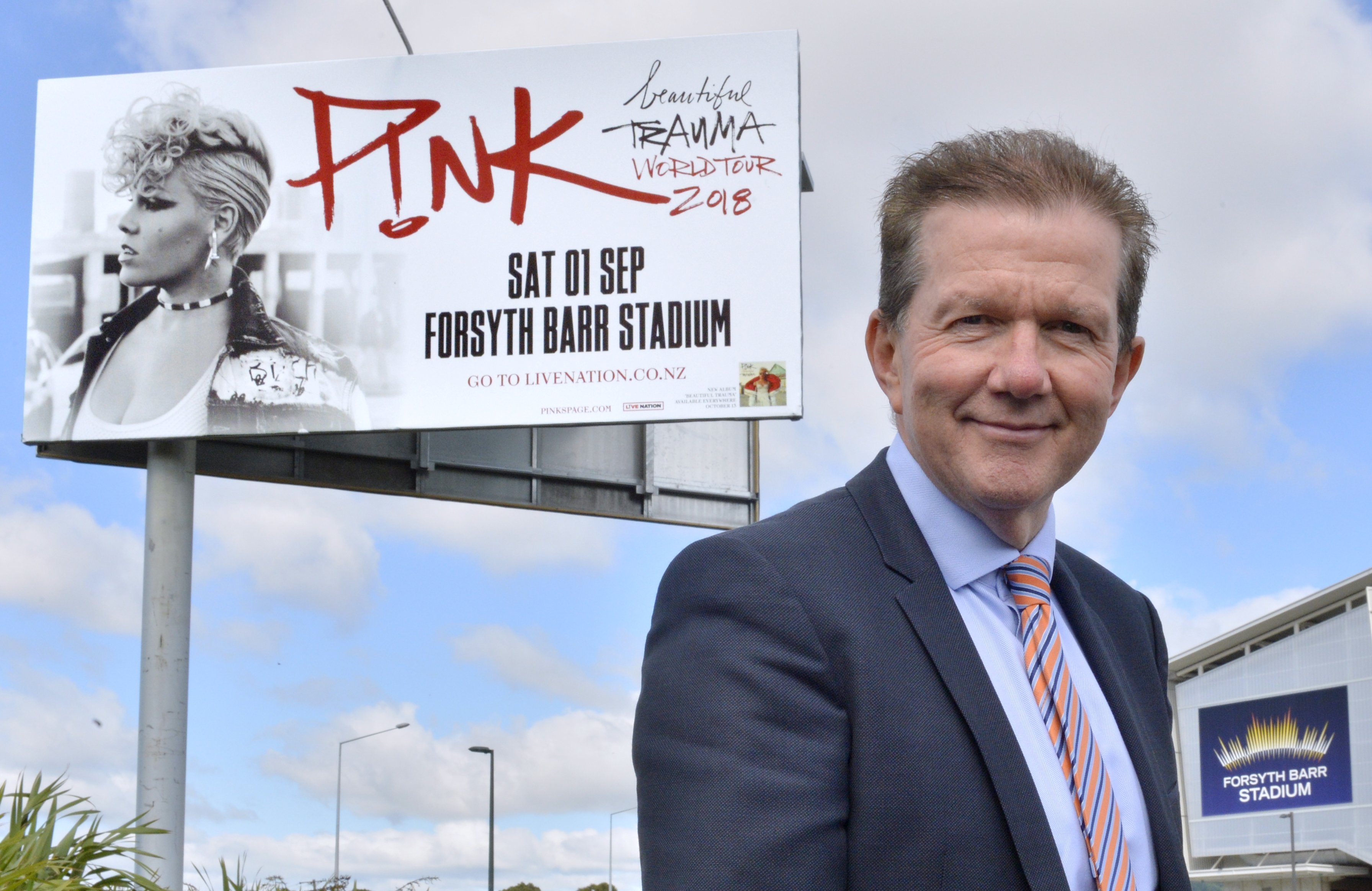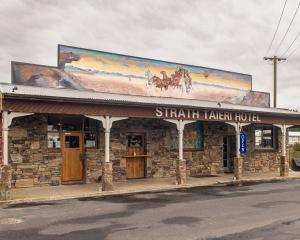
When Terry Davies was a boy, money was tight.
The Englishman running Dunedin’s Forsyth Barr Stadium came from a working-class family in St Albans, Hertfordshire, just outside London.
Growing up with two older brothers and an old sister, his siblings were expected to "put the money on the table" if they found work.
By the time Mr Davies (58) landed his first job, things had improved — a bit — and he was allowed to keep his money.

His first pay packet came in the form of two £1 notes, handed to him at the end of his first day, which was "good money in those days".
But, rather than an immediate splurge, Mr Davies had his eye on a prize — a Led Zeppelin album on sale at the local record store.
He saved his money until he was "comfortable I could invest in something as big as that".
"Coming from a working class family, it was a luxury."
When the day finally came, going into the store to buy the album was "brilliant".
"We used to go in as kids on the weekend ... you’d go and walk around and have a look in the store.
"It was like you had suddenly grown up. You felt independent because you could go and buy something."
Then came the nerves, as the reality of such a big transaction sank in, "because it’s a lot of money".
It was the kind of upbringing which taught Mr Davies the value of money and to appreciate it.
"I think the values you learn then you hold right through your life from those early days.
"There wasn’t any [financial] education, as such, but the education was the fact that money was tight."












